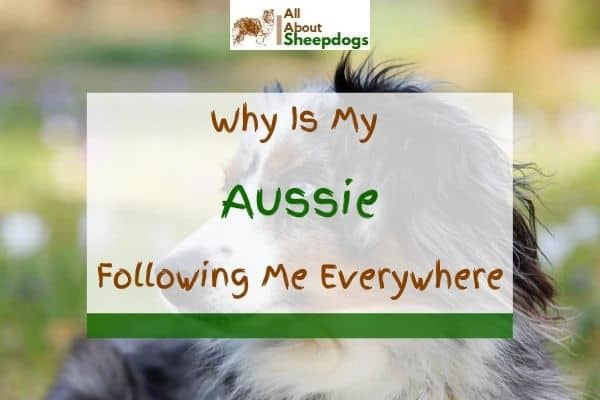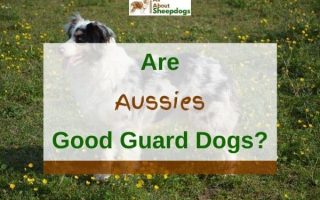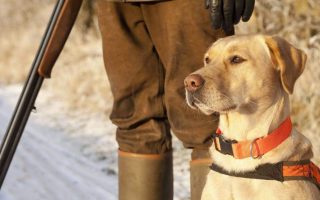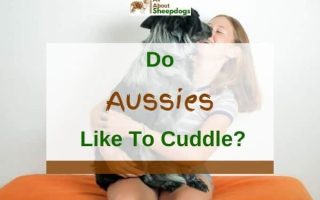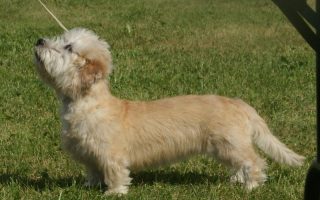Having dogs around can be thrilling, especially when they are independent and know how to set their physical boundaries.
However, sometimes dogs, especially the Australian Shepherd dog breed, can become increasingly ‘touchy’ with their physical distance to the extent that most dog parents (including me) refer to them as clingy.
So, if you have found yourself in such a situation where your Aussie doesn’t seem to care about your personal space and you are asking yourself, ‘why does my Australian Shepherd follow me everywhere’, then worry not as this article got you covered.
I will provide you with an in-depth as to why your Aussie keeps hovering around you and whether or not it’s having a separation anxiety episode each time you leave.
[wpsm_toplist]
Why Does My Australian Shepherd Follow Me Everywhere?
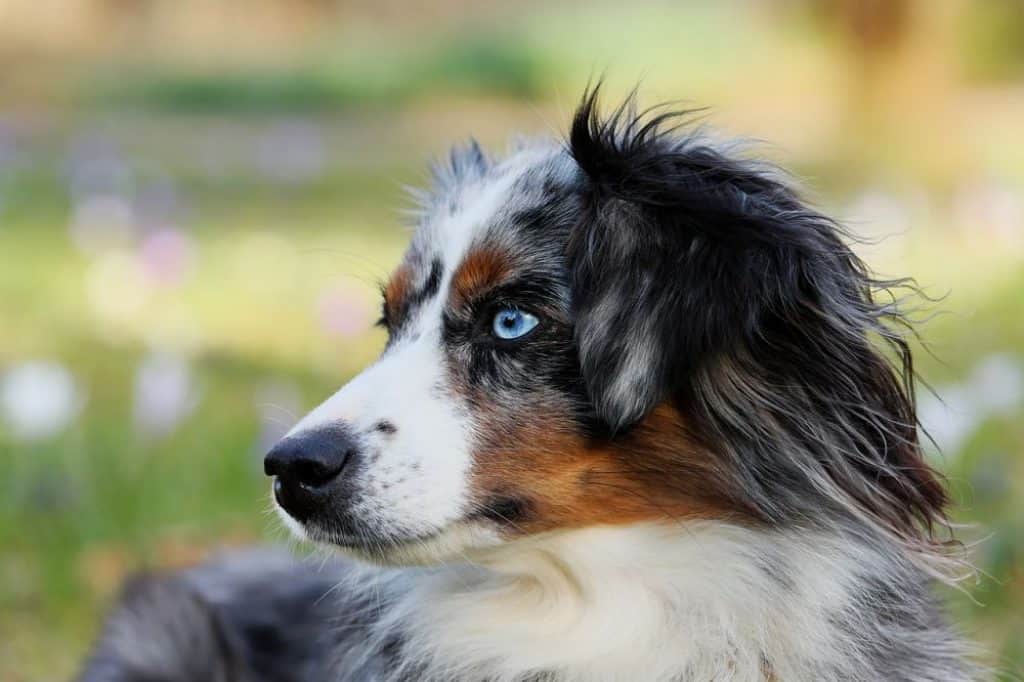
Below are some of the most common reasons that may be causing your Aussie to follow you around;
Australian shepherds are a dog breed that was bred to work and stay close to their human owners.
These types of dogs are referred to as ‘Velcro dogs’ since they naturally want to follow you around.
These dogs may sometimes feel obligated to follow you everywhere, as a way of keeping you safe.
#Reassurance
This usually occurs when you have a dog with a past traumatic experience.
Once this dog forms a bond with you and views you as its guardian or protector, it will always want to follow you around to be reassured that everything is good.
#Its Waiting On You To Perform Your Usual Routine With It
Dogs have a sense of time; they can tell when it’s time for their walk, to eat, or to nap, depending on how well or strictly you follow your dog’s routine or schedule.
So, if you are used to taking it for a walk or playing with it at a particular time, your dog may follow you around until you do what you always do with it during that time.
#It’s Just Being ‘Nosy’
Aussies can sense when something is up.
And this dog being inquisitive and literally nosy, won’t mind following you everywhere as long as they also get to witness what you are up to.
#Boredom
Aussies like it when they are physically and mentally stimulated all the time.
Remember, these hounds were bred to work, so if they feel in any way physically or mentally under stimulated, they will not hesitate to follow you around.
#It Wants A Companion
Aussie are strong-willed dogs and will never let anything come in their way when they are set to achieve a goal.
With that said, an Aussie will constantly and naggingly follow you around as a way of letting you know that it’s time you get another dog or pet as its companion.
#For Treats Or Rewards
Suppose you are used to giving your dog treats or rewarding it when it follows you.
In that case, the chances are that it will continuously pursue you everywhere as it associates following you around with getting treats or rewards.
#It Notices A Change In Your Behavior
Studies conducted have shown that dogs can detect a change in behavior in their human parents.
So, if you have become moody of late, don’t be surprised if your independent Aussie, who can sometimes stay alone without coming into physical contact with you for at least 2 hours, has become increasingly clingy and won’t leave your side.
#Separation Anxiety
Separation anxiety is a type of behavioral disorder that is displayed in dogs who are left on their own at home or when they are separated from their caregiver or owner.
This behavior is typical in dogs that have not correctly been taught to detach from their owners at a young age.
Does My Australian Shepherd Have Separation Anxiety?
Your Australian Shepherd may be having a separation anxiety disorder if it keeps following you around and always wants to maintain a close physical distance from you, especially when it notes that you are about to leave.
Most often, your doggy will greet you with a lot of enthusiasm once you get back.
Your dog must display at least 3 signs indicative of separation anxiety for it to be fully diagnosed with this hyper-attachment and dependence on its owner.
8 Signs That Your Australian Shepherd Is Experiencing Separation Anxiety
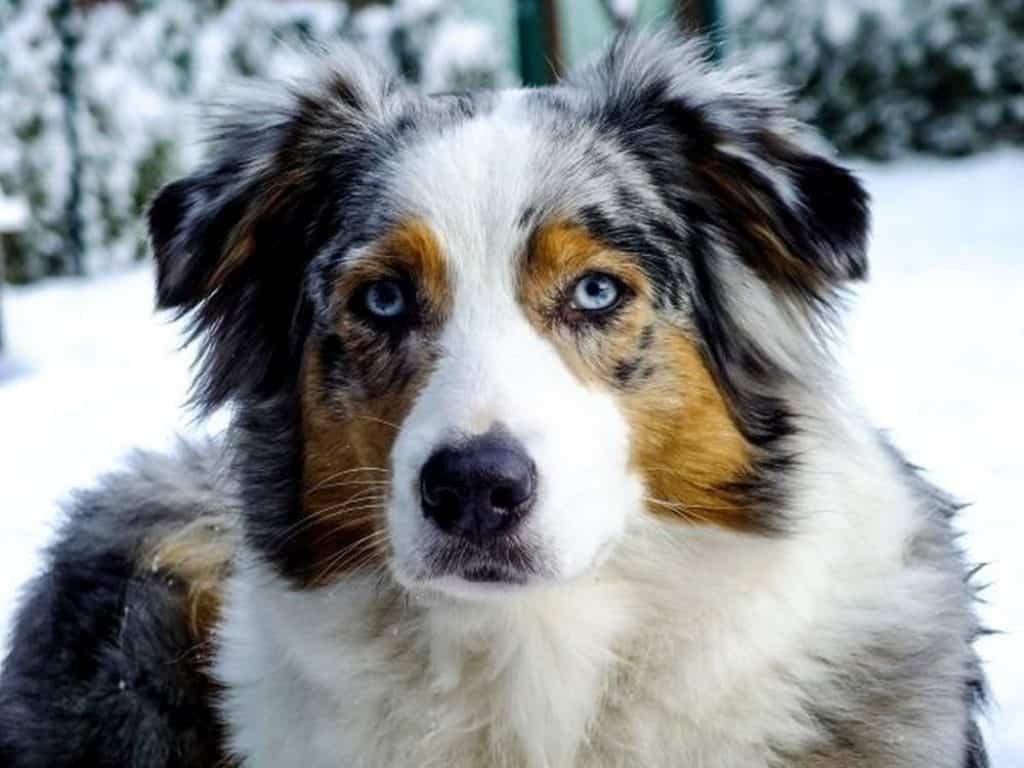
#Following You Around When You Are About To Leave
This is usually the most obvious sign.
However, it may sometimes be hard to determine whether your Australian Shepherd is following you because it’s experiencing separation anxiety or due to other reasons, as explained above.
If you are unsure of the cause(s) that’s making your dog act this way;
It would pay off if you hire the services of an animal behaviorist specialist and let them help you get to the root of it.
#A Decrease Or Lack Of Appetite
A decrease or Lack of appetite may result from your dog experiencing separation anxiety.
However, it’s recommended that you take your dog to a vet to ensure that its lack of interest in food is not being caused by severe underlying medical conditions such as cancer, liver, and heart problems.
Extra tip;
If you don’t spend most of your time with your dog, you may fail to notice its reduced appetite.
So if you see your dog’s rib, spine and bones are very visible even from a distance, that should be enough to let you know that something is up with your hound.
#Excessive Vocalization
Aussies will bark, whine, howl when they are having separation anxiety. Yes, Australian shepherds bark a lot; that’s a known fact.
But if you are a keen dog parent, you will notice that as soon as your Aussie notice you are about to leave, they will bark a bit more than their usual barking even when you command them to stop barking.
The barking and howling behavior are usually triggered by your leaving and nothing more.
#Excessive Drooling
Drooling is the unintentional flow of saliva outside your dog’s mouth. Australian Shepherd is known to drool minimally compared to their Miniature Aussie cousins.
So if you note that there is increased salivating in your dog, then there may be a possibility that your hound is having separation anxiety episodes each time you leave it behind.
However, some medical conditions may cause your dog to drool. Such medical conditions include;
- Dental conditions-tooth decay
- Swelling up of your dog’s gum
- Oral cancers
#Urinating Or Defecating In The Undesignated Behavior
If all of a sudden you find your fully potty-trained Aussie doing its ‘business’ in an undesignated area when you are not around, then this may be a telltale sign that your doggy is experiencing separation anxiety.
#Eating Its Feces
Coprophagia is a Greek word used to describe an animal that consumes feces; it may be its own or another animal or human feces.
This behavior is usually associated with depression and anxiety attacks in dogs.
If your dog constantly has a bad breath despite you observing its oral hygiene and it doesn’t have any oral condition(s), then it’s safe to assume that your doggy is eating its poop as a way of acting out.
#Escaping
Dogs will never try to escape from a place they consider their home.
So, if you have a ‘wandering’ dog that needs to have its ID tag on or a tracking chip embedded in its neck due to its ‘escaping’ routine, you should be worried as something is not right.
Below are some of the signs that may help you determine whether your dog is trying to escape or not;
- It’s constantly digging under the fence
- It’s tirelessly trying to jump over an unjumpable fence
- It always has fresh bruising on its body
#Chewing And Biting On Things
Having a dog that bites people if they feel threatened is one thing but having a dog that chews or bites on blankets, chairs, doorframes, mats, or clothes is a whole different thing.
Suppose your Aussie repeats its chewing and biting on things behavior more than 3 times when you leave it.
In that case, it might indicate that your doggy is experiencing separation anxiety.
Something needs to be done immediately before this situation escalates to the extent that your Aussie starts injuring itself or those around it.
What May Cause Your Dog To Experience Separation Anxiety?
There are several factors that may predispose your Aussie to experience separation anxiety.
These factors include;
- Past traumatic experience
- Being adopted into a new family
- Absence of its caregiver
- Being left alone for unusually long periods
- Relocating into a new environment (even with its known caregiver around)
How Do You Stop Your Australian Shepherd From Following You Everywhere?
Below are several ways through which you can deter your Aussie from following you around;
#Train Them The ‘Stay’ Command
Training your dog, the ‘stay’ command, when it’s young (at least 4-5 months old) will help you solve the problem of having it hovering around you.
Ensure that you use positive reinforcement when it grasps its training to reinforce the good behavior.
Also, stick to the same one-word command to avoid confusing your hound.
#Use A Cage Or A Dog Crate
[amazon box=”B000OX64P8″]
Use a [amazon link=”B000OX64P8″ title=”large enough cage” link_icon=”amazon” /] to instill an independent nature in an otherwise dependent hound.
Ensure that you place enough clean water and food in its cage, and then securely lock it in while you are still in the room.
Pro-tip;
If it’s Aussie’s first time to be locked in a cage, make sure that you stay on sight, as it may panic and self-harm itself or develop a separation anxiety disorder.
Let it stay in the crate for at least 30 minutes before releasing it.
Gradually increase its stay time in the cage and closely monitor if there are positive improvements; if not, immediately stop using the cage as it’s not working.
#Keep Your Dog Engaged With Work Or Exercise
[amazon box=”B071ZFJ2H1″]
Don’t let your dog stay idle. Have it do some work or engage in exercises. This helps divert its attention from you.
If your hound is physically exhausted, you can give it [amazon link=”B071ZFJ2H1″ title=”puzzles” link_icon=”amazon” /] and have its brain mentally stimulated as a way of keeping it busy.
#Avoid Silence In Your Home
If your doggie loves following you around, the chances are that your home is always silent, and your dog doesn’t like it that way.
Play some music on your radio, leave your tv on, or have recordings with dogs, barking or playing in the background. This is sure to deter your hound from following you around.
#Gradually Desensitize Them Of Your Absence
This method works best when your hound has a separation anxiety attack. How to do it;
- Pretend you are about to leave and slightly open your door
- Go outside and shut the door, then immediately come back in
- Repeat these 2 steps at least 4 times before you actually leave
- Return after 20 minutes and gradually increase your return time until your dog gets accustomed to not having you around
#Get Your Dog Another Dog For A Companion
Only get your Aussie another dog if you are sure that its ‘clingy’ behavior is due to the need of having a companion.
Pro-tip;
It’s always recommended that you get your hound a companion of a different gender to avoid personality clashes and battles of dominance.
If you don’t like the idea of having another Aussie in the house, then have a look at the list below of dogs that can make the best companions for your Australian Shepherd;
- Beagle
- Bernese Mountain Dog
- Border Collie
- Dalmatian
- Jack Russel
- Malamute
- Labrador Retriever
Stay Alert! Take Your time And Understand Why Your Aussie Keeps Following You Around
If your Australian Shepherd notices a change in your behavior, feels bored, wants a companion or is having a separation anxiety disorder, then chances are that it will follow you around.
If you suspect that your doggie may be experiencing separation anxiety episodes, then look out for;
Diminished or reduced appetite, excessive drooling without a satisfactory explanation, excessive vocalization caused without any trigger, or coprophagia (eating feces).
Suppose you notice any of the 3 signs.
In that case, it would be wise of you to immediately take your doggy to a certified vet who will have it evaluated whether or not your hound needs an animal psychiatrist.
Equipped with the above knowledge, I am optimistic that I have answered your question’ Why does my Australian Shepherd follow me everywhere?

